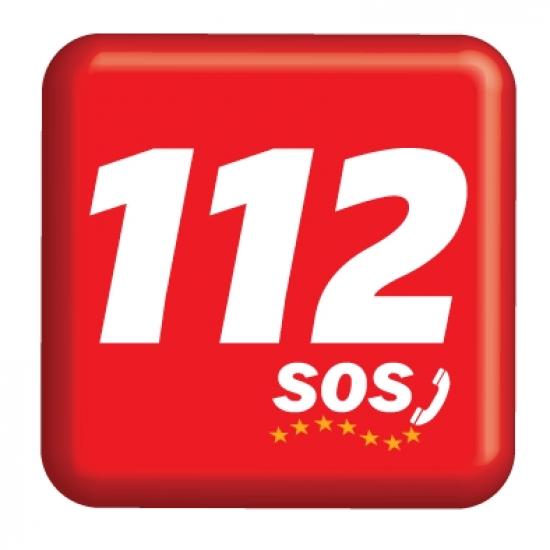Spain calls for action on disaster risk
Host Spain told the 5th annual European Forum for Disaster Risk Reduction (EFDRR) today that it had a great opportunity to influence the post-2015 framework for disaster risk reduction. Noting that the cost of natural disasters is rising sharply across the globe, Spain’s Deputy Interior Minister Luis Aguilera Ruiz, urged delegates to make the most of the opportunity of the three-day gathering to share experiences and to work towards a revised and effective international programme of disaster reduction. The EFDRR, the last in a series of major regional meetings, comes just five months before the 3rd UN World Conference for Disaster Risk Reduction in Sendai, Japan, which aims to adopt a revised version of the existing global blueprint, the Hyogo Framework for Action (HFA).








